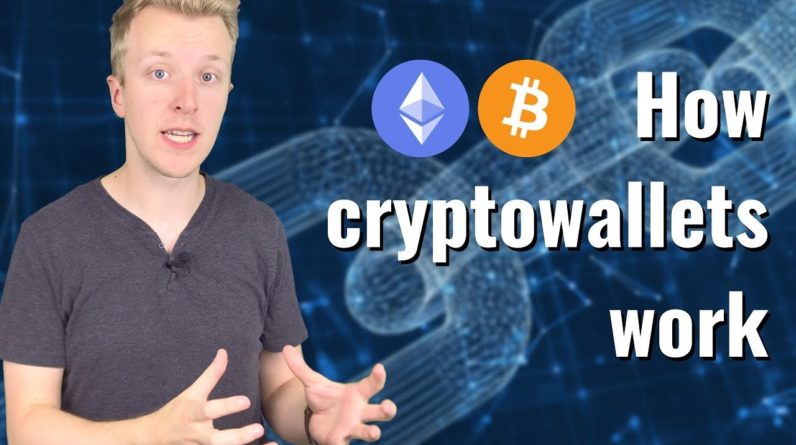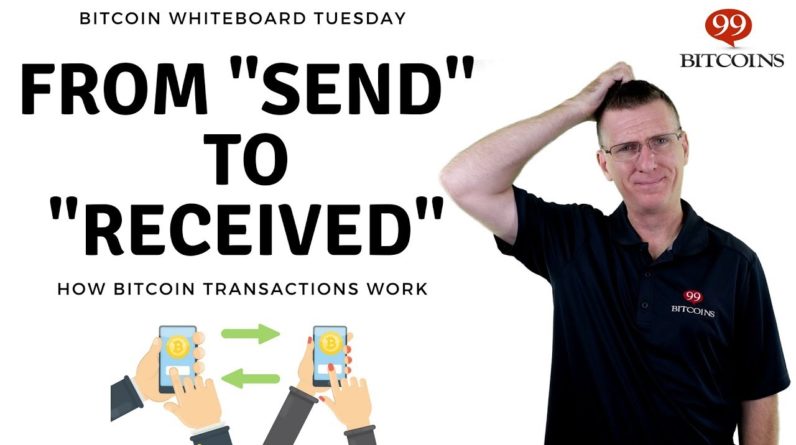
A Bitcoin is one unit of digital currency. It's internet money. Unlike dollars, or euros, or yen, Bitcoin
is considered a decentralized currency. That means that a network of users
control and verify transactions, instead of a central authority,
like a bank or a government. It still works like real money. One person pays another person for
goods and services. However, once money is exchanged,
the record of the transaction is publicly recorded onto a ledger
known as a block chain. Other Bitcoin users known as miners verify
the transactions in the block chain. After a certain amount of transactions
have been verified by a miner, that miner will receive newly
minted Bitcoins for their work. And thus, new Bitcoins will
be added into circulation. While there are currently more than
12 million Bitcoins in circulation, the total amount of Bitcoins that can
ever be created is capped at 21 million. The creation rate is automatically halved
every few years as more Bitcoins are added into circulation. This system, modeled after gold mining,
makes finding new Bitcoins more rare as the number of available Bitcoins
reaches the 21 million cap. So, should you rush out and start
converting all your money to Bitcoins? Not necessarily.
While a few websites such as Reddit,
WordPress and Overstock have begun accepting Bitcoins, most major
retailers have yet to take the plunge. Also, like any other commodity, the value of Bitcoin is only worth
what people are willing to pay for it. And that value has fluctuated pretty
wildly in the past couple of years. In April of 2011,
the value of 1 Bitcoin was 75 cents. In December of 2013,
that value reached as high as $1,200. To learn more about Bitcoins,
check out Mashables latest coverage and don't forget to watch the other videos
in our Mashable Explains series.
And I think I'm gonna
go get some lunch now. (Music).




